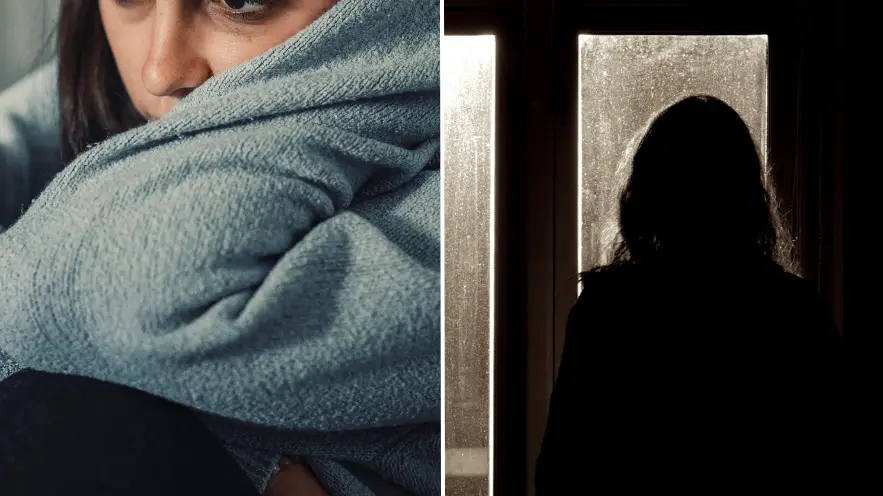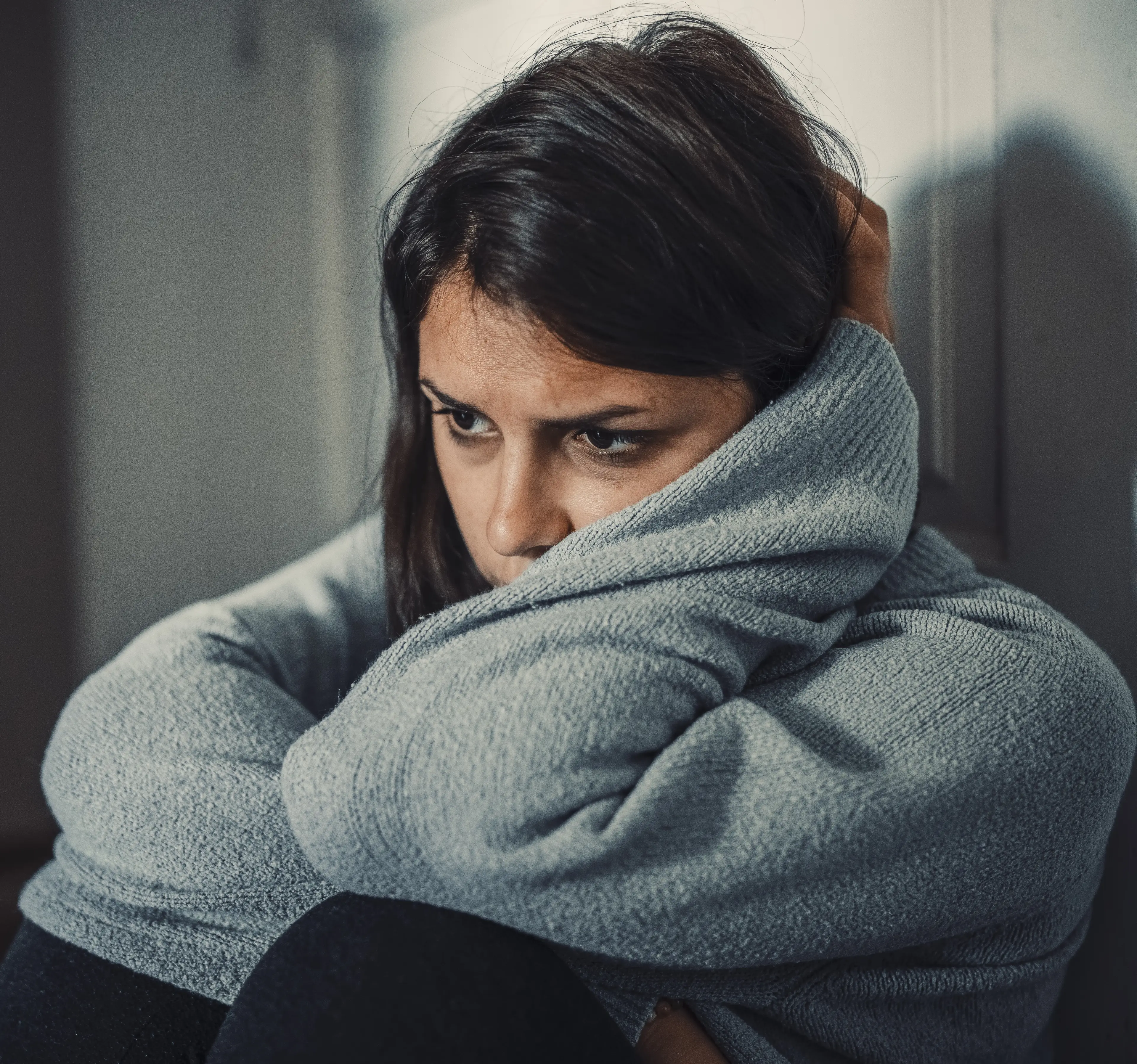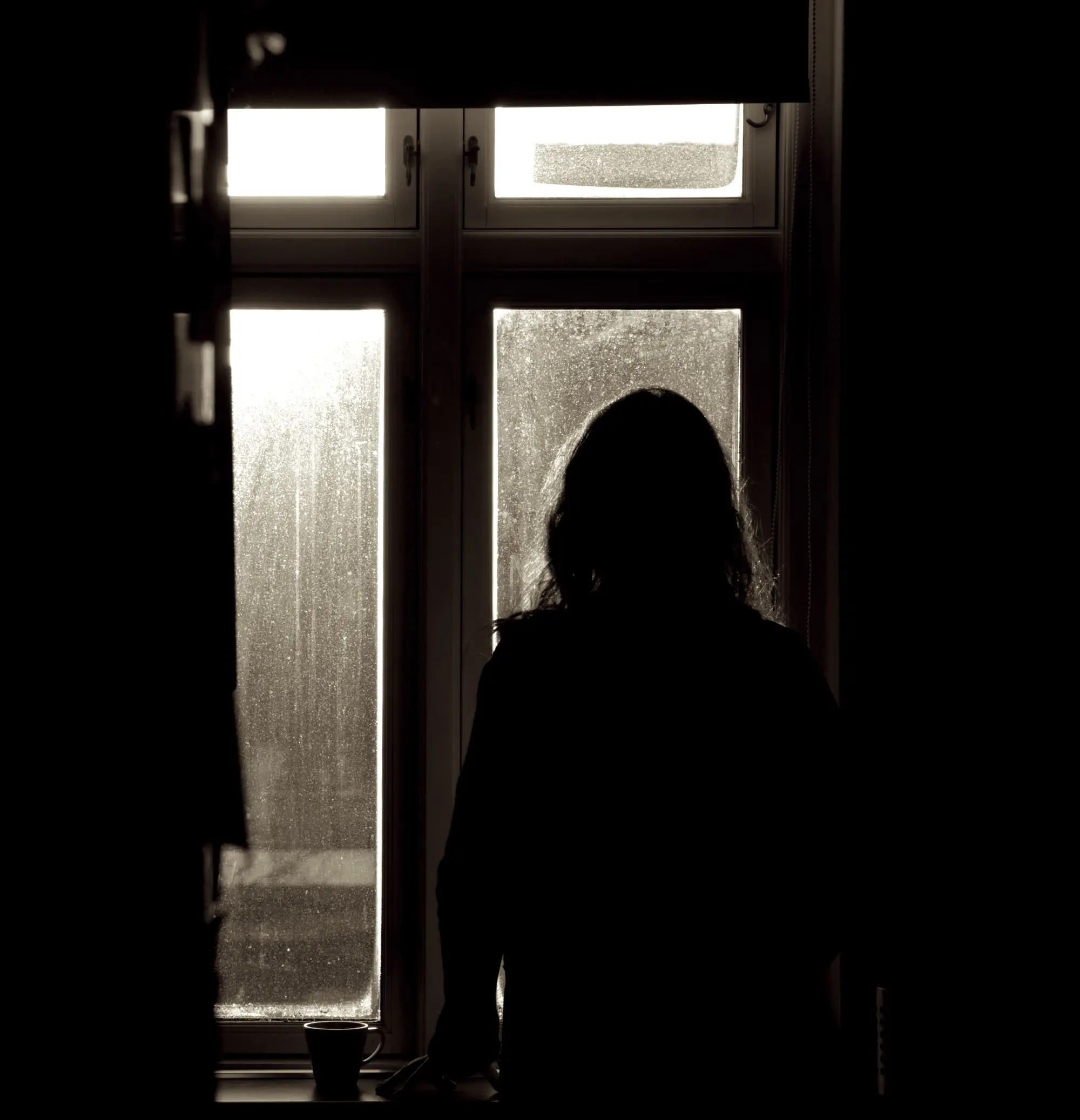
As we move away from the short-spell of sunniness in the UK, some people might begin to feel low in energy, mood, or overall depressed, and there’s a reason why.
For a lot of people, autumn and winter can mark the start of a long battle with bad mental health, without realising what’s causing it.
From feeling like you can’t get out of bed, to losing any motivation to do anything, it can be a horrible time to power through.
However, this little-known mental health disorder could be the cause, and knowing what to look out for and how to help yourself prepare for it can make all the difference.
Advert

Ever heard of SAD?
No, not the emotion, although that can be a symptom of the health issue.
According to the NHS, it stands for Seasonal Affective Disorder, and it's a sub-category of depression. Let’s take a look at what it means.
What is SAD?
Seasonal Affective Disorder is a depressive disorder which typically affects people around the same time of year.
Whether it’s the sunny months or cold months, everyone who has it can experience it differently.
The symptoms can range from person to person, and in some cases, it can significantly hinder a person’s life.
What are the symptoms of SAD?
According to the NHS, SAD can present itself in many ways, often presenting similarly to normal depression.
If you experience SAD, you may feel depressed, have a persistent low mood, a lack of sex drive, irritable, low self-esteem, prone to crying, stressed or anxious, the urge to shy away from social activities, no pleasure in your hobbies or activities.
Some people will also experience ‘manic’ periods where they are energetic and happy before the cycle begins again.
If you are suffering from SAD, you might also be lethargic, sleep for longer periods of time, lack concentration, and eat more.

What is the cause?
While the exact causes of SAD aren't clear, it could be put down to a range of different factors.
For example, a lack of light outside.
Mind, the mental health charity wrote on its website: “When light hits the back of your eye, messages go to the part of your brain that controls sleep, appetite, sex drive, temperature, mood and activity. If there isn't enough light, these functions can slow down and gradually stop.”
Your body clock changing due to the changing temperatures or shorter/longer light periods could also make you feel off.
If you produce higher levels of melatonin and lower level of serotonin during winter, you could be prone to SAD.
How can you treat it?
If you feel as though your symptoms are getting to the point where they are impacting your daily life, speaking to a GP is paramount.
Your healthcare practitioner could prescribe therapy, anti-depressants or recommend that you begin to exercise, journal your feelings, and take part in other self-care activities.
Topics: Health, Mental Health, News, Sleep, Life
